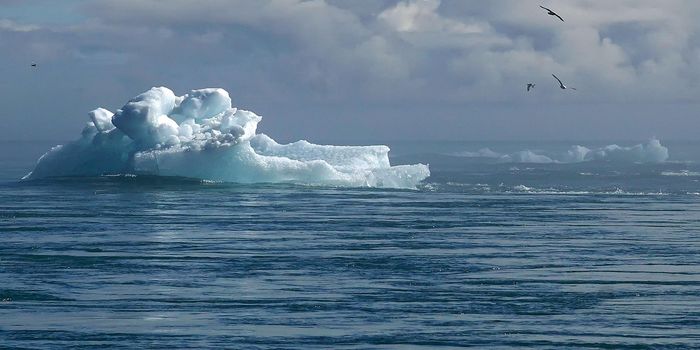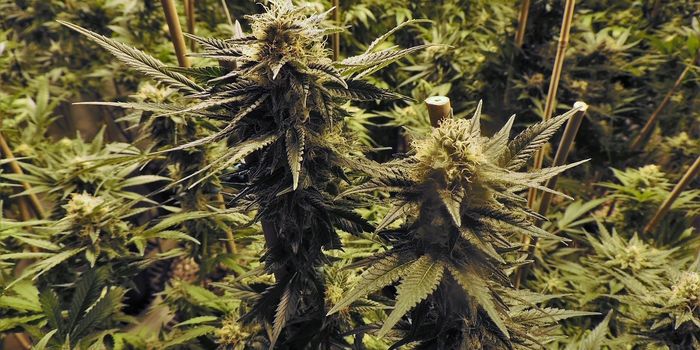Deforestation in Tropical Areas Linked to Reduced Rainfall
Deforestation, especially human clearing of forests, has become an ecological danger linked to a number of dangerous side effects, including an increase in droughts and destruction of animal habitats. Clearing enough trees also can limit how much carbon and other greenhouse gases are kept out of the atmosphere; therefore, deforestation is a driver of climate change.
According to a new study, deforestation is also having a unique impact on rainfall by causing the amount of rain experienced in tropical areas to go down, compounding the ecological impacts of deforestation. Study findings are described in a recent article published in Nature.
In the study, researchers examined three tropical forest areas: the Amazon and forests in the Congo and Southeast Asia. Using satellite imagery collected between 2003 and 2017 to identify specific regions that experienced significant amounts of deforestation. That data was then correlated to information about rainfall in those targeted regions, and then compared to rainfall recorded in nearby areas that did not experience similar levels of deforestation.
Overall, researchers found that deforestation contributed to less rainfall throughout the year, including drier seasons, which would exacerbate the effect of a dry season on the surrounding area. The greatest rainfall reduction was recorded during wetter times of the year, to the tune of about 0.6mm less rainfall per month.
The team pointed to a process called evapotranspiration as the reason for the reduced rainfall caused by deforestation. Evapotranspiration is the process by which water and moisture that collects on tree leaves evaporates and returns to the atmosphere.
The reduction in rainfall has an immediate an obvious effect on the delicate ecosystems within tropical forest areas, which could affect the biodiversity in a region. However, researchers also highlight that the reduced rainfall over time could also affect vital human activities, such as hydro-energy efforts and even agricultural efforts. There is also a heightened risk of droughts and forest fires wreaking more havoc.
Sources: Science Daily; Nature








